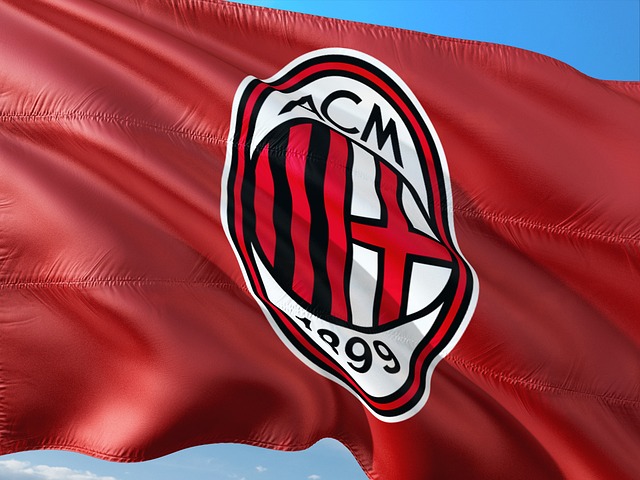In a landmark shift for Argentine football, the country’s soccer governing body has announced the partial lifting of a long-standing ban on away supporters in domestic matches — a ban that had been in place since 2013 following a series of deadly clashes linked to hooligan violence.
The Argentine Football Association (AFA) confirmed on Thursday that clubs will once again be allowed to host visiting fans, beginning with a test case in the upcoming round of league fixtures.
“This is a historic day because it marks the beginning of the return of visiting fans, enabling clubs that wish to host them to do so,” AFA president Claudio Tapia said at a press conference.
The reintroduction of away spectators comes amid a wave of enthusiasm surrounding the return of World Cup champion Ángel Di María to Rosario Central, his boyhood club. “This is what football fans and society want. Many matches have been organized with two sets of fans, and that’s why we decided to announce the start of the return of visiting fans,” Tapia added.
The original ban, first enacted in Buenos Aires province, quickly spread nationwide following tragic incidents such as the death of a Lanús fan during clashes with Estudiantes supporters and the killing of two Boca Juniors fans amid factional violence within their own supporter base. While the prohibition was meant to quell football-related violence, confrontations continued — often involving “barrabravas,” Argentina’s notoriously violent ultras.
El reencuentro con su gente, con su historia, con su amor. pic.twitter.com/72g52PWVtE
— Rosario Central (@RosarioCentral) July 14, 2025
In an effort to ensure safety, AFA revealed that 6,500 Rosario Central fans will be permitted to attend their team’s away match at Lanús. These fans will be admitted under a stringent security plan requiring designated tickets and identity checks.
For now, the reintroduction of away fans applies only within Buenos Aires province, though Tapia noted that other jurisdictions are considering similar policies.
Notably, the away fan restriction had only applied to domestic competitions. International fixtures such as the Copa Libertadores and Copa Sudamericana have continued to allow fans from both sides.
With Argentine football at a crossroads, officials hope the return of visiting supporters can mark a step toward restoring stadiums as spaces for celebration, not conflict. As Tapia put it: “It’s the kind of soccer (with visitors) we all grew accustomed to since we were kids. We have to get back to that path. Clubs that are in a position to host visiting fans can do so.”
Featured Image Credit: Pexels / Gonzalo Acuña, Pexels / Franco Monsalvo
.png)



.jpg)
.jpg)
.jpg)




